Category: Rohingya People
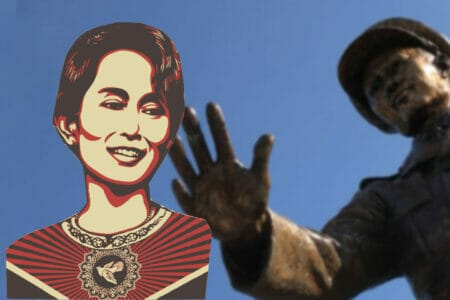
Unconditional Dialogue in the Age of Myanmar “Nway Oo” Revolution: Four Problems with Aung San Suu Kyi’s “Dialogue” with the Murderous Junta
Tragically, the public will become increasingly confused as to who is providing the pro-democracy leadership or which path – revolutionary or the status quo of the Suu Kyi-military deal, which will undoubtedly be backed by ASEAN.
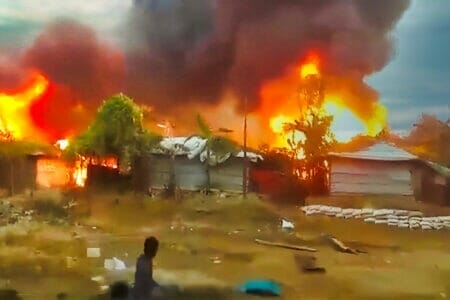
Too Many Massacres, Too Little Prospect for Dialogue: A Sobering Voice from Eastern Myanmar’s War Zone
How feasible or realistic is the “inclusive dialogue” with Min Aung Hlaing’s coup regime? “The Burmese military has killed, tortured, maimed and displaced too many people for there to be any meaningful dialogue.” David Eubank, Founder and Leader, the Free Burma Rangers, 23/6/23,

Myanmar’s spring revolution and the Rohingya genocide
In the case of Rohingyas, they had never been armed in any significant way to fight back against their oppressor, the Myanmar military or the Buddhist majority. So in the case of Rohingya genocide, it was planned in a very cold-blooded manner by the military commanders and their highest level of general staff including the current coup leader Min Aung Hlaing.
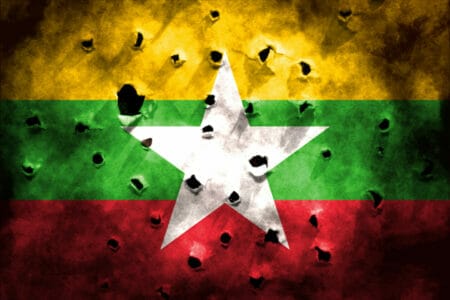
The Impact of the 2021 Military Coup on Myanmar’s Religious Minorities and Freedom of Religion
In the upcoming episode of our dialogue series on Democratic Struggles, FORSEA and Asia Center are co-hosting an hour-long discussion on the impact of 2021 MILITARY COUP, specifically on the country's religious – and also ethnic – Minorities in Myanmar.
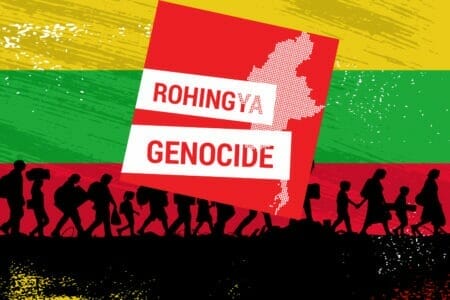
The Anatomy of the Political Economy of Slow Genocide, and Organising of Racial Capitalism– A Tale of the Making of De Facto Stateless Rohingya
The paper discusses the political economy of genocide by exploring the organising of genocide against the world’s largest de facto stateless community – the Rohingya community of Myanmar – over the past forty years.
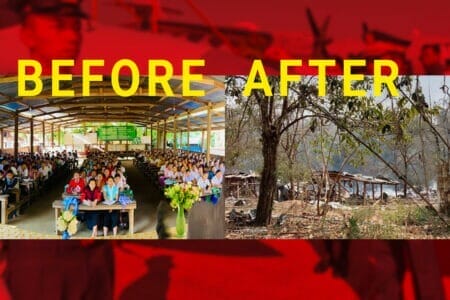
Myanmar Military’s Acts of Terrorism from the Sky & Savage Beheadings on the Ground
Under Min Aung Hlaing’s genocidal commandership, Myanmar Armed Forces are morphing into a terrorist organization in full view of the world at large. The question now for Myanmar – and the pro-democratic world – to ask themselves is a variation of Lenin’s “What needs to be done?”
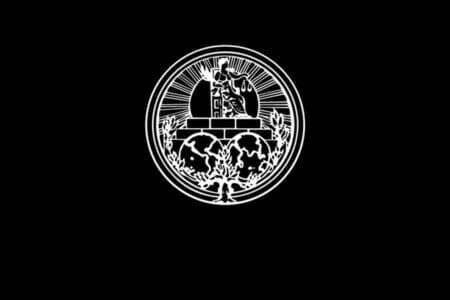
ICJ’s Mishandling of The Gambia v Myanmar undermines confidence in the Court
On 21 February, FORSEA hosted an international law roundtable with three Canadian and American legal scholars and practitioners immediately after the court’s completion of the first of the 4-public hearings on Myanmar’s preliminary objections to the court’s jurisdictions and Gambia’s legal standing with the court in The Gambia v Myanmar.
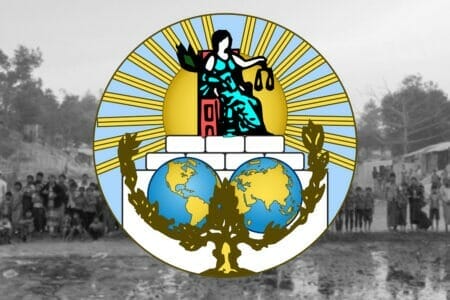
The Gambia v. Myanmar will decide whether the Genocide Convention is international law
Enforcement is one of the primary attributes that constitute law. If a law cannot be enforced, it can no longer be considered law. It is crucial that the ICJ's judgment in The Gambia v. Myanmar be used to correct the ICJ's erroneous requirement that genocide be the only intent of a State to prove its special intent to commit genocide.

The Destruction of Rohingya Identity and History: Myanmar’s Continuing Genocide, Colonial Knowledge and Burma Studies
This week FORSEA is launching a new dialogue series “Decolonizing Minds and Democratising Knowledge”. Our inaugural episode is on the destruction of Rohingya identity and history by Myanmar state (the national military) and non-state actors (a local militia and its local community), the process of which involves perpetrating groups, inter alia, using heavily British colonial era records such as censuses designed and taken for colonial administrative purposes.

Does Facebook deserve a share of the blame for the Rohingya genocide in Myanmar?
Facebook and the Rohingya genocide: FORSEA's Maung Zarni speaks on MSNBC's Mehdi Hasan Show on the Facebook problem.

